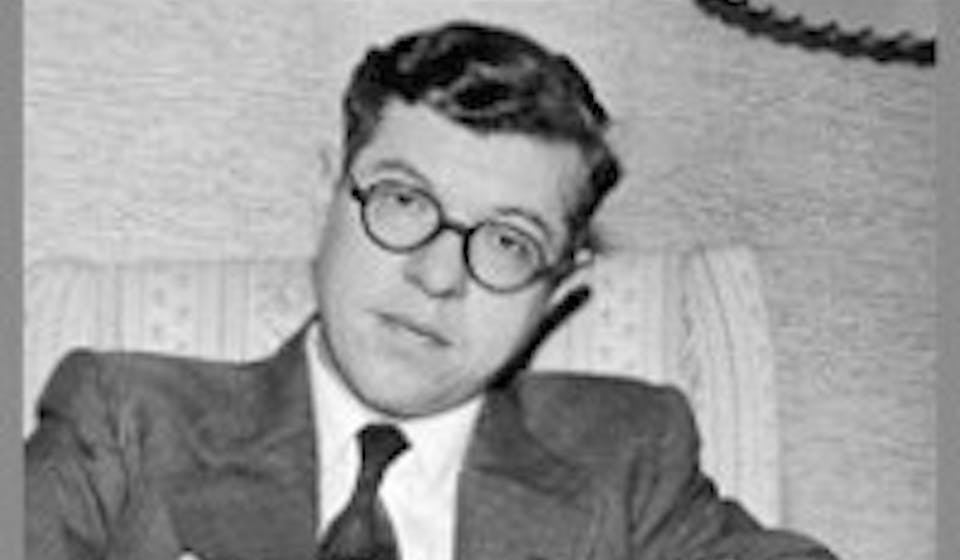Imprint
- Gateway
Fred Hoyle's World of Sc, Fiction, Science fiction
An SF Gateway eBook: bringing the classics to the future.
The Yorkshire Moors below Mickle Fell in August would seem a safe enough place to be, yet it was there that Richard's old schoolfriend, John Sinclair, disappeared for 13 hours. Two days later, while bathing in a mountain stream, Richard noticed that a strawberry birthmark was missing from Sinclair's back.
Climbing, music, ancient Greece and the year 5000 AD: all these play a part in Fred Hoyle's far-reaching and witty science fiction book, which teems with arresting ideas. Its central themes are time and the meaning of consciousness; around them the author of The Black Cloud and Ossian's Ride has spun a glittering web of adventure and logical surmise. In this world of dual personalities and shifting time scales it is entirely plausible that October the first should have been too late.

Fred Hoyle
Sir Fred Hoyle (1915-2001)
Sir Fred Hoyle was a famous English astronomer noted primarily for the theory of stellar nucleosynthesis and his often controversial stances on other scientific matters-in particular his rejection of the "Big Bang" theory, a term coined by him on BBC radio. He has authored hundreds of technical articles, as well as textbooks, popular accounts of science and two autobiographies. In addition to his work as an astronomer, Hoyle was a writer of science fiction, including a number of books co-written with his son Geoffrey Hoyle. Hoyle spent most of his working life at the Institute of Astronomy at Cambridge and served as its director for a number of years. He was knighted in 1972 and died in Bournemouth, England, after a series of strokes.































.png?auto=compress&w=150&h=60&fit=crop&fm=jpg)


.png?auto=compress&w=150&h=60&fit=crop&fm=jpg)

